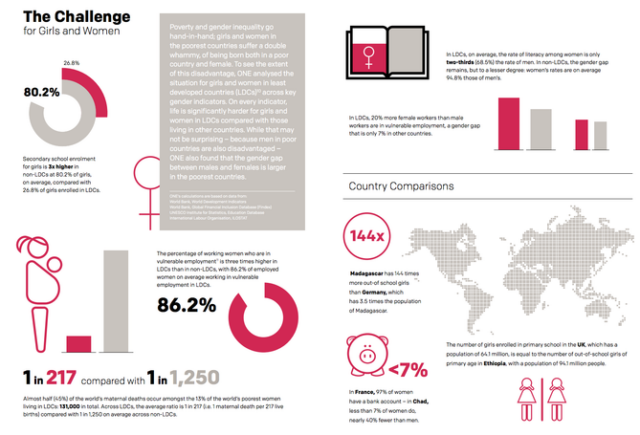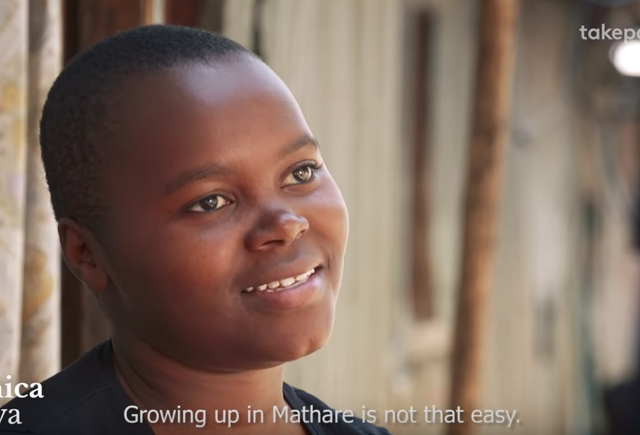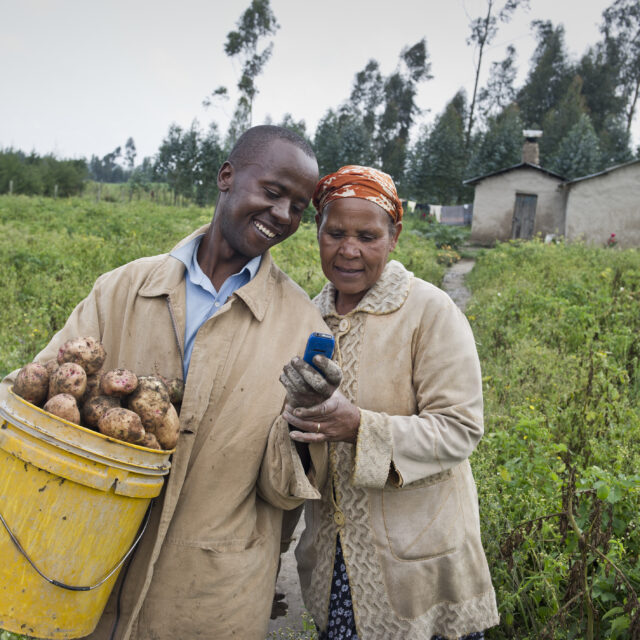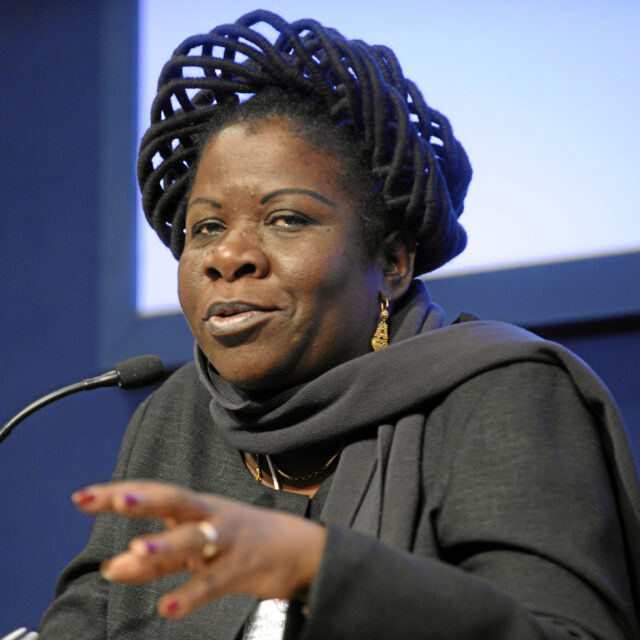
Poverty is sexist.
The evidence is clear — extreme poverty disproportionately affects girls and women, from their health to income to personal safety. As we elaborate in our new report, “Poverty is Sexist: Why Girls and Women Must be at the Heart of the Fight Against Extreme Poverty,” the poorest women are often barred from owning and inheriting land and other property, opening a bank account, or accessing education. Women in the developing world are far more likely to die giving birth, become child brides (and suffer abuse from their husbands), or suffer from chronic health problems due to lack of access to quality healthcare or even to cooking meals and heating their homes with unsafe fuel sources.
While it is not necessarily surprising that girls and women in developing countries experience greater disadvantages than their counterparts in richer countries, ONE’s own analysis finds that the gender gap across a range of indicators is indeed larger in Least Developed Countries (LDCs) than elsewhere. It is a moral necessity to rectify this situation, but, also, if we are to live up to the promise of the new global Sustainable Development Goals (SDGs) that will be decided by world leaders this year, if we are to strive for the end of extreme poverty by 2030, then, by simple math, we simply cannot fail half of that poor population.

Beyond the simple math…
A growing body of evidence is showing us that targeting investments in girls and women in particular can even help to pull their brothers, sons, and husbands out of poverty as well. That shouldn’t be surprising – it’s a matter of allowing girls and women to reach their full potential and become active, productive members of the local to global economy. Women farmers, if given access to the same productive resources as male farmers, could significantly decrease the number of global hungry and raise economic output; strong health systems that equitably reach women could mean a dramatic drop in maternal and child deaths; safe, reliable energy access could save the lives of millions of women and children and free-up the time girls and women spend collecting fuel; improvements for girls in access to quality education could measurable boost economic and social development; and getting more women into the labor force, increasing their access to information and communication technology (ICT), and affording them more control over household finances could boost the overall economy and improve quality of life.

The political environment is ripe, and the time to act is now…
This year, not only will world leaders agree to a new development agenda that will guide investments for the next 15 years (the SDGs) but German Chancellor Angela Merkel has indicated her intention to focus on women’s empowerment under her G7 presidency, and the African Union has declared this the Year of Women’s Empowerment. In our report, ONE lays out a number of specific recommendations for world leaders to adopt at key moments through 2015 that will build momentum for a turn-around in the situation of girls and women living in extreme poverty. ONE is calling upon the G7, global development partners, and African governments to put girls and women at the heart of the development agenda.
Follow the lead of Meryl Streep, Lady Gaga, Beyonce, Cheryl Sandberg, and 29 other illustrious women… Make this the year that empowers girls and women to be drivers behind the end of extreme poverty.



